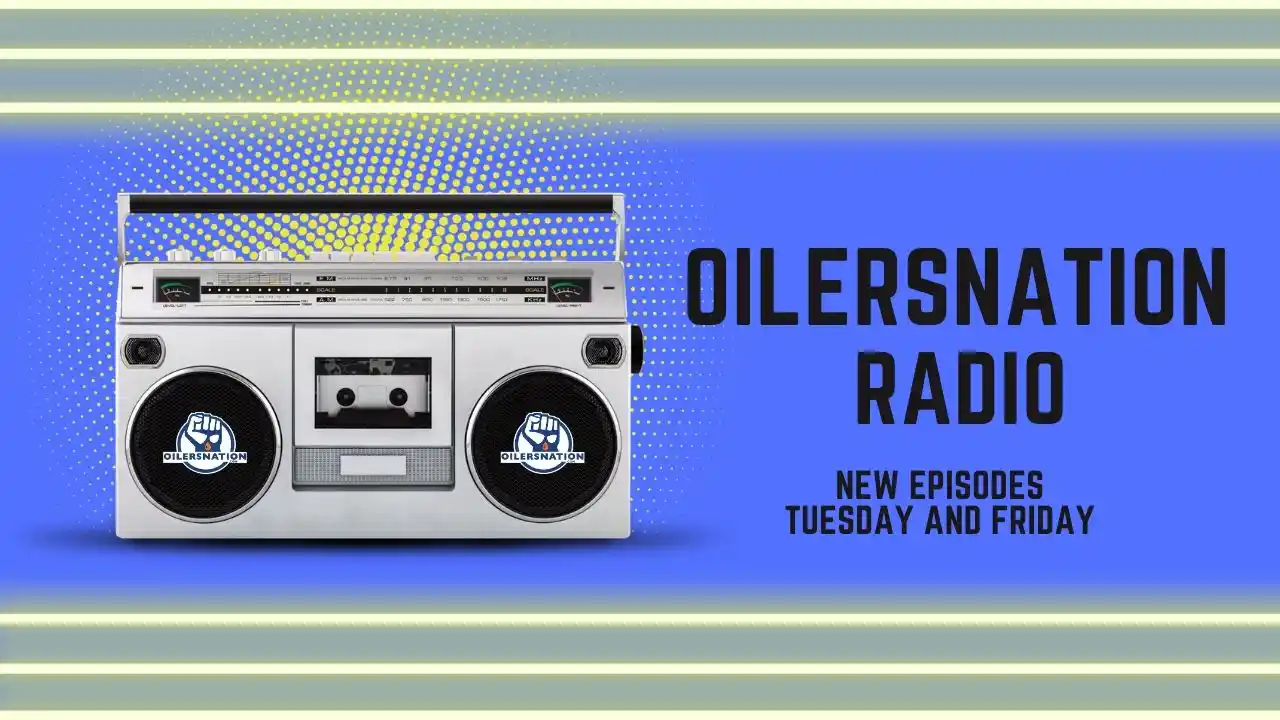Why The Success Of The Oklahoma City Barons (Probably) Matters

The Oklahoma City Barons, as of this writing, are the second-best team in the AHL, with 91 points in 68 games and a plus-39 goal differential. If it weren’t for the 20-game winning streak the Norfolk Admirals are on (not hyperbole: the Admirals have literally won their last 20 contests) they’d be the best team in the league.
There’s a big gap between having one of the best teams in the AHL and having one of the best teams in the NHL, a real and spectacular gap.
The former does not guarantee the latter. To cite just one example, the Bridgeport Sound Tigers had three brilliant years in the AHL in the early 2000’s (finishing first in the league in the regular season in 2001-02), and we all know how that turned out for their parent club, the New York Islanders.
Tyler Dellow went on about this at some length late in January, when a few of Edmonton’s more prominent media people wrote articles on the successes of the Barons. I’ll quote his conclusion:
It seems to me that the onus in proving that something matters is on those who assert that it does. There’s lots and lots of reason to think that your AHL team’s record has little to do with whether you’ll be a good team down the road or whether you’ll develop players effectively – I’ve only scratched the surface above. If people like Spector and Jones want to make the case that Tambellini should be praised for turning into the Barons into a powerhouse, it seems to me that they should explain why I should give the slightest damn as an Oilers’ fan. As far as I can tell, it’s irrelevant, or close to it. Unless, of course, you’re a hockey team desperate to draw the eye away from the flaming wreckage of another season and distract minds from questions about why you’re still employed. In that case, a good AHL team is probably incredibly relevant to you. It’s a justification for further employment that people who don’t dig into things might accept.
When I read Tyler’s piece, I was generally in agreement with it. I was aware of good AHL teams with terrible NHL parent franchises, and vice versa. On the other hand, it also seemed to me that a strong AHL organization was probably something of a positive; after all, as with the NHL there’s a need to assess, recruit and then coach talent, and some of the players contributing in the AHL are bound to contribute in the NHL down the road. It would seem to make a logical sense that a team winning in the AHL employs better people in coaching and development, and that some of the players helping their team win would make the leap.
So I went out to try and see, one way or the other, if I could find evidence that success at the AHL level led to success at the NHL level. To answer the question, I looked at three seasons worth of AHL data: 2005-06, 2006-07, and 2007-08. I didn’t use earlier seasons because of the lost lockout year, and I didn’t use later seasons because there hasn’t been enough time since.
Goal Differential Correlations
The following table shows the correlation between the success of an AHL team (measured by goal differential) and its parent NHL club (also measured by goal differential). “Same season” denotes the correlation between the AHL team and the NHL team in the same season, while “Season+1” represents the correlation between AHL success one year and NHL success the next year (e.g. 2005-06 AHL team, 2006-07 NHL team), and so on. A perfect correlation is 1.0.
| Season | Correlation |
|---|---|
| Same season | -0.2010 |
| Season +1 | 0.1112 |
| Season +2 | 0.1986 |
| Season +3 | 0.3461 |
The most significant outlier to this pattern is the Atlanta Thrashers/Chicago Wolves affiliation; Chicago was highly successful for many years, while Atlanta no longer has an NHL team. Interestingly, the Wolves were not owned by the Thrashers but rather by a pair of Chicago-area businessmen and retained significant control over hockey operations under the Thrashers.
It’s interesting to note that there appears to be a link between a good AHL organization and eventual NHL success. I say “appears” for a number of reasons; firstly, I can’t think of a definitive reason for such a strong link, and secondly I’m dealing with just three years of AHL data here.
Why would such a link exist? There are a number of possible reasons. Presumably, more successful AHL teams have better players, coaches and managers; it’s certainly possible that those players, coaches and managers go on to influence the parent club. It’s also possible that successful AHL teams typically have more money behind them than unsuccessful clubs, and that additional money translates to NHL success. I can’t say with any certainty what the cause is.
What I can say with certainty is that teams with a better AHL affiliate between 2005 and 2008 typically performed better between 2008 and 2011. That’s certainly a positive sign for the Oilers organization.
Recent articles from Jonathan Willis





